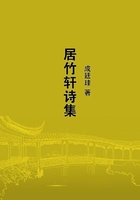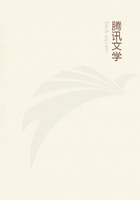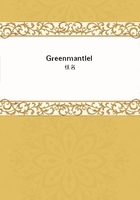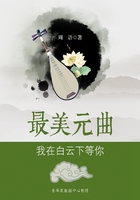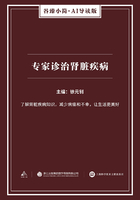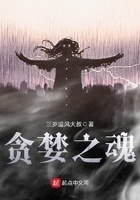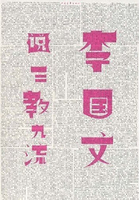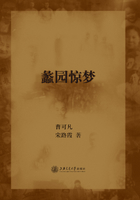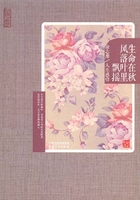But apart from opposition to the "stratification" of the Trades Unions, there is a cleavage cutting across the Communist Party itself and uniting in opinion, though not in voting, the Mensheviks and a section of their Communist opponents.This cleavage is over the question of "workers' control." Most of those who, before the revolution, looked forward to the "workers' control", thought of it as meaning that the actual workers in a given factory would themselves control that factory, just as a board of directors controls a factory under the ordinary capitalist system.The Communists, I think, even today admit the ultimate desirability of this,but insist that the important question is not who shall give the orders, but in whose interest the orders shall be given.I have nowhere found this matterproperly thrashed out, though feeling upon it is extremely strong.Everybody whom I asked about it began at once to address me as if I were a public meeting, so that I found it extremely difficult to get from either side a statement not free from electioneering bias.I think, however, that it may be fairly said that all but a few lunatics have abandoned the ideas of 1917, which resulted in the workmen in a factory deposing any technical expert or manager whose orders were in the least irksome to them.These ideas and the miseries and unfairness they caused, the stoppages of work, the managers sewn up in sacks, ducked in ponds and trundled in wheelbarrows, have taken their places as curiosities of history.The change in these ideas has been gradual.The first step was the recognition that the State as a whole was interested in the efficiency of each factory, and, therefore, that the workmen of each factory had no right to arrange things with no thought except for themselves.The Committee idea was still strong, and the difficulty was got over by assuring that the technical staff should be represented on the Committee, and that the casting vote between workers and technical experts or managers should belong to the central economic organ of the State.The next stage was when the management of a workshop was given a so called "collegiate" character, the workmen appointing representatives to share the responsibility of the "bourgeois specialist." The bitter controversy now going on concerns the seemingly inevitable transition to a later stage in which, for all practical purposes, the bourgeois specialist will be responsible solely to the State.Many Communists, including some of the best known, while recognizing the need of greater efficiency if the revolution is to survive at all, regard this step as definitely retrograde and likely in the long run to make the revolution not worth preserving.*[(*)Thus Rykov, President of the Supreme Council of Public Economy: "There is a possibility of so constructing a State that in it there will be a ruling caste consisting chiefly of administrative engineers, technicians, etc.; that is, we should get a form of State economy based ona small group of a ruling caste whose privilege in this case would be the management of the workersand peasants." That criticism of individual control, from a communist, goes a good deal further than most of the criticism from people avowedly in opposition.] The enormous importance attached by everybody to this question of individual or collegiate control, may bejudged from the fact that at every conference I attended, and every discussion to whichI listened, this point, which might seem of minor importance, completely overshadowed the question of industrial conscription which, at least inside the Communist Party, seemed generally taken for granted.It may be taken now as certain that the majority of the Communists are in favor of individual control.They say that the object of "workers' control" before the revolution was to ensure that factories should be run in the interests of workers as well of employers.In Russia now there are no employers other than the State as a whole, which is exclusively made up of employees.(I am stating now the view of the majority at the last Trades Union Congress at which I was present, April, 1920.) They say that "workers' control" exists in a larger and more efficient manner than was suggested by the old pre-revolutionary statements on that question.Further, they say that if workers' control ought to be identified with Trade Union control, the Trades Unions are certainly supreme in all those matters with which they have chiefly concerned themselves, since they dominate the Commissariat of Labor, are very largely represented on the Supreme Council of Public Economy, and fix the rates of pay for their own members.*[(*)The wages of workmen are decided by the Trades Unions, who draw up "tariffs" for the whole country, basing their calculations on three criteria: (I) The price of food in the open market in the district where a workman is employed, (2)the price of food supplied by the State on the card system, (3)the quality of the workman.This last is decided by a special section of the Factory Committee, which in each factory is an organ of the Trades Union.]
The enormous Communist majority, together with the fact that however much they may quarrel with each other inside the party, the Communists will go to almost any length to avoid breaking the partydiscipline, means that at present the resolutions of Trades Union Congresses will not be different from those of Communists Congresses on the same subjects.Consequently, the questions which really agitate the members, the actual cleavages inside that Communist majority, are comparatively invisible at a Trades Union Congress.They are fought over with great bitterness, but they are not fought over in the Hall of the Unions-once the Club of the Nobility, with on its walls on Congress days the hammer and spanner of the engineers, the pestle and trowel of the builders, and so on-but in the CommunistCongresses in the Kremlin and throughout the country.And, in the problem with which in this book we are mainly concerned, neither the regular business of the Unions nor their internal squabbles affects the cardinal fact that in the present crisis the Trades Unions are chiefly important as part of that organization of human will with which the Communists are attempting to arrest the steady progress of Russia's economic ruin.Putting it brutally, so as to offend Trades Unionists and Communists alike, they are an important part of the Communist system of internal propaganda, and their whole organization acts as a gigantic megaphone through which the Communist Party makes known its fears, its hopes and its decisions to the great masses of the industrial workers.

